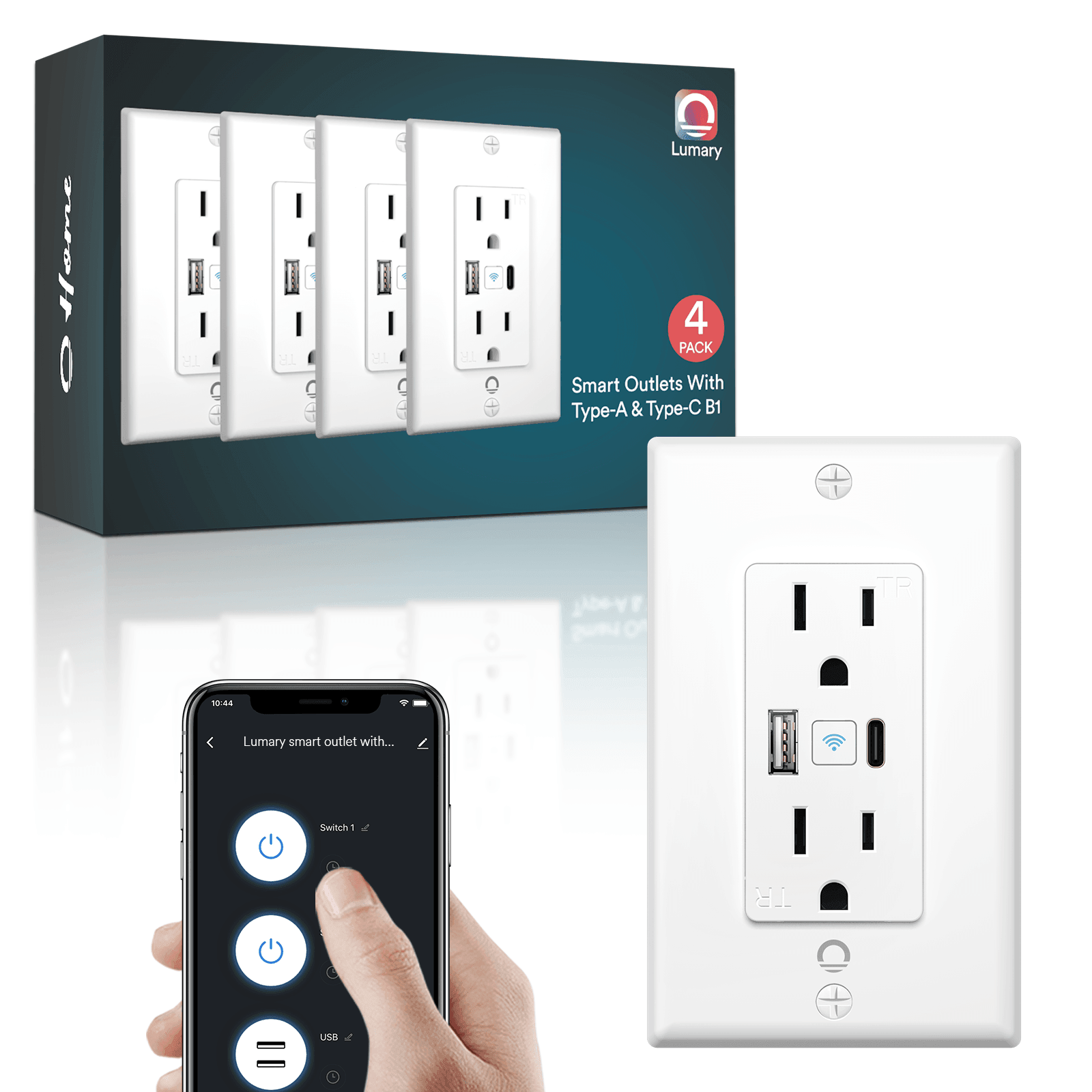As technology continues to evolve, our homes are becoming smarter and more efficient. One of the most exciting advancements in home automation is the development of smart wall outlets. These innovative devices are transforming the way we interact with our electrical systems, offering convenience, energy savings, and enhanced safety. In this blog post, we will explore the future of home automation through the lens of smart wall outlets, examining their benefits, potential applications, and the impact they could have on our daily lives.

Convenience and Control
Smart wall outlets bring a new level of convenience to home automation. Imagine being able to control your appliances and devices with just a tap on your smartphone or a voice command. With smart outlets, this is a reality. These outlets can be integrated with home automation systems, allowing you to turn devices on or off remotely, set schedules, and even monitor energy usage. For instance, you can program your coffee maker to start brewing before you wake up or ensure that your lights turn off automatically when you leave the house.
Energy Efficiency and Savings
One of the significant advantages of smart wall outlets is their potential to enhance energy efficiency. By providing real-time data on energy consumption, these outlets enable homeowners to identify and eliminate energy waste. For example, you can receive notifications if an appliance is left on for an extended period or if it is consuming more power than usual. Additionally, smart outlets can be programmed to operate during off-peak hours, reducing electricity costs. This not only helps in saving money but also contributes to a more sustainable environment.
Enhanced Safety Features
Safety is a paramount concern in any home, and smart wall outlets offer several features to enhance it. Traditional outlets can pose risks such as electrical fires or shocks, especially if they are overloaded or damaged. Smart outlets, however, come equipped with safety mechanisms like surge protection, automatic shutoff, and childproof designs. For instance, if an outlet detects an unusual surge in power, it can automatically cut off the supply to prevent potential hazards. These features provide peace of mind, knowing that your home is protected against electrical mishaps.
Integration with Smart Home Ecosystems
The future of home automation lies in the seamless integration of various smart devices, and smart wall outlets play a crucial role in this ecosystem. They can be connected to other smart home devices such as thermostats, security systems, and voice assistants, creating a cohesive and interconnected environment. For example, you can set up routines where your smart outlet turns on the lights and adjusts the thermostat when you arrive home. This level of integration not only enhances convenience but also allows for more personalized and efficient home management.
The Future of Home Automation: Smart Wall Outlets
The potential applications of smart wall outlets are vast and continually expanding. As technology advances, we can expect even more innovative features and functionalities. Future smart outlets may include advanced sensors to detect motion, temperature, and humidity, providing even greater control over our living spaces. Additionally, with the rise of the Internet of Things (IoT), smart outlets will become more interconnected, enabling seamless communication between devices and creating a truly intelligent home environment.
In conclusion, smart wall outlets represent a significant leap forward in the realm of home automation. They offer unparalleled convenience, energy efficiency, and safety, making our homes smarter and more efficient. As we look to the future, the integration of smart outlets with other smart home devices will continue to enhance our daily lives, providing a more connected and intelligent living experience. Embracing this technology today will undoubtedly pave the way for a smarter and more sustainable future.








